
Posted on 07/16/2011 5:58:26 AM PDT by Homer_J_Simpson

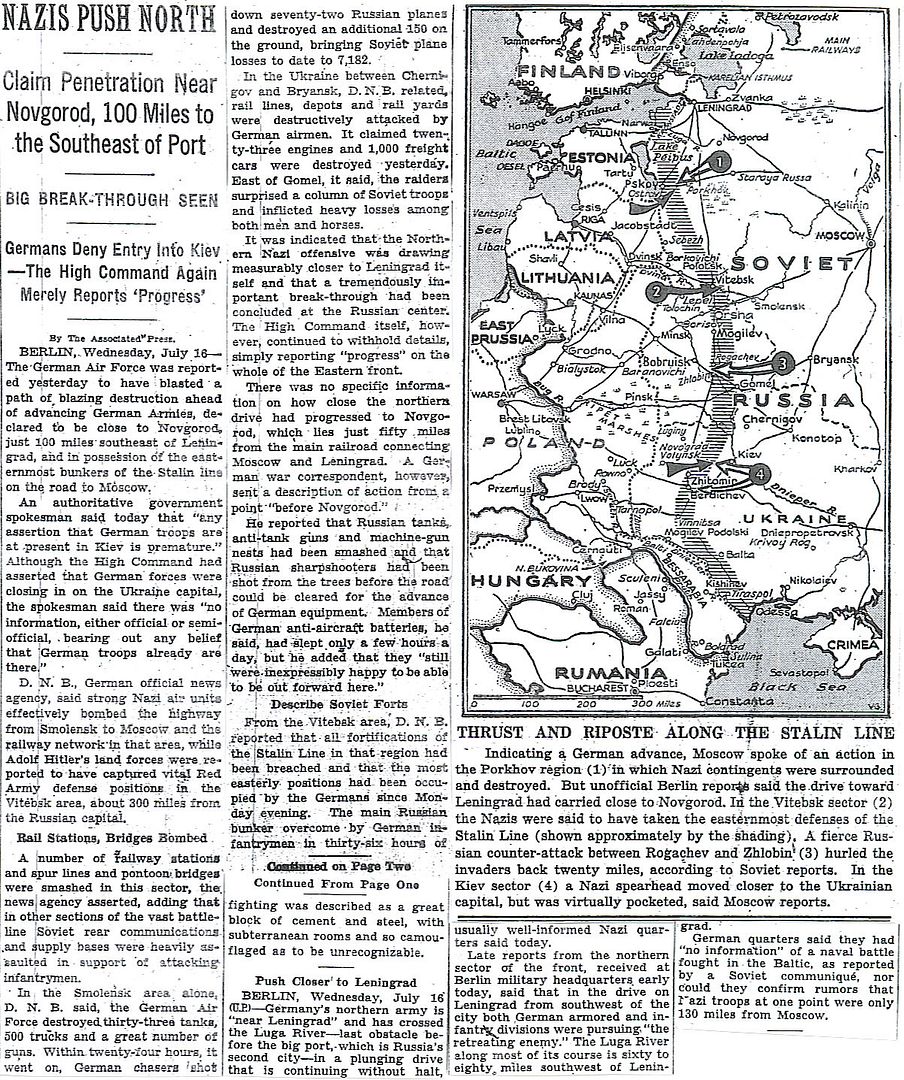
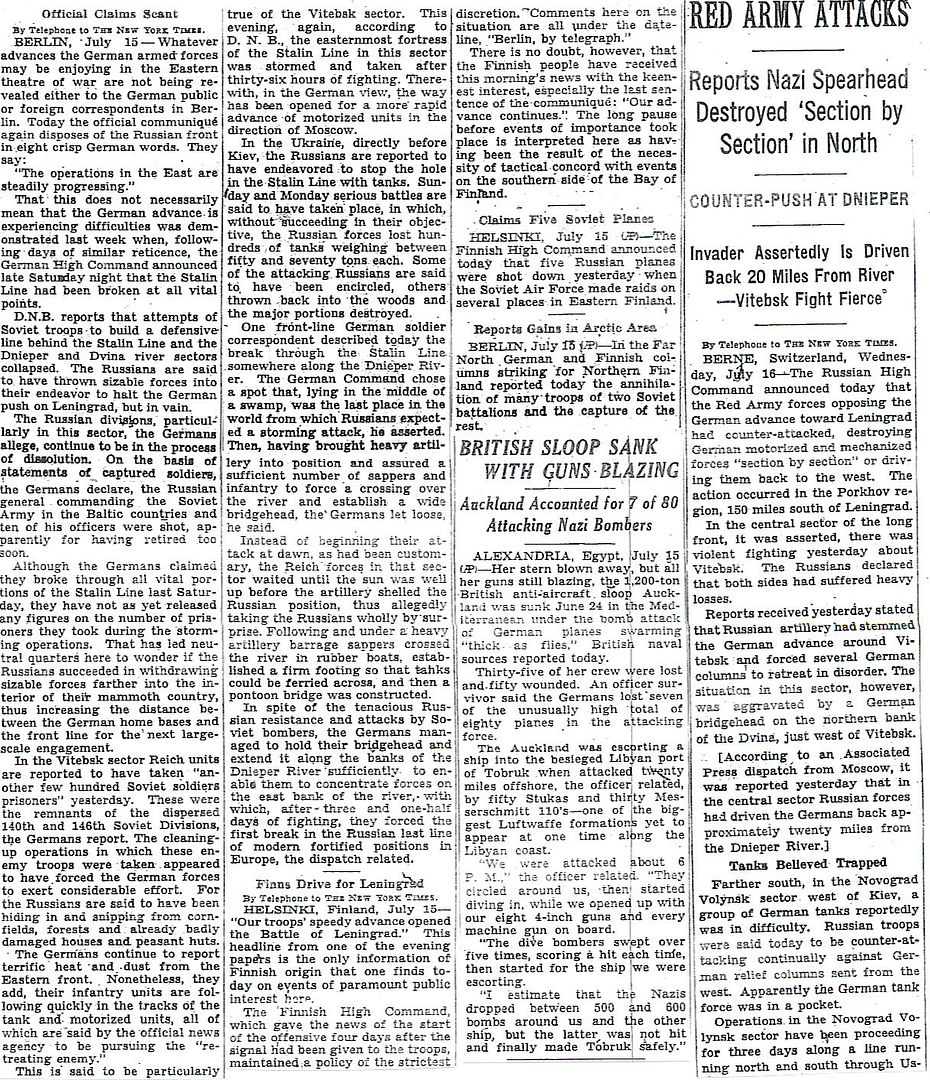
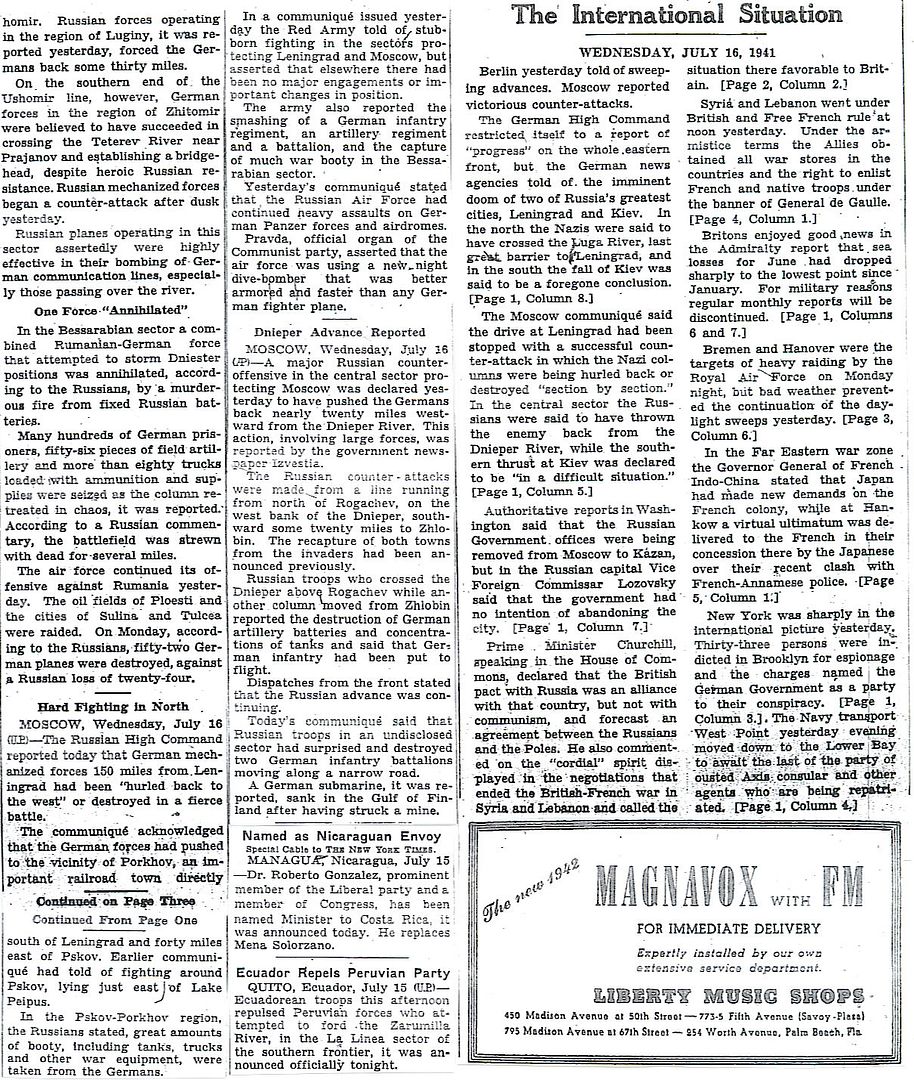
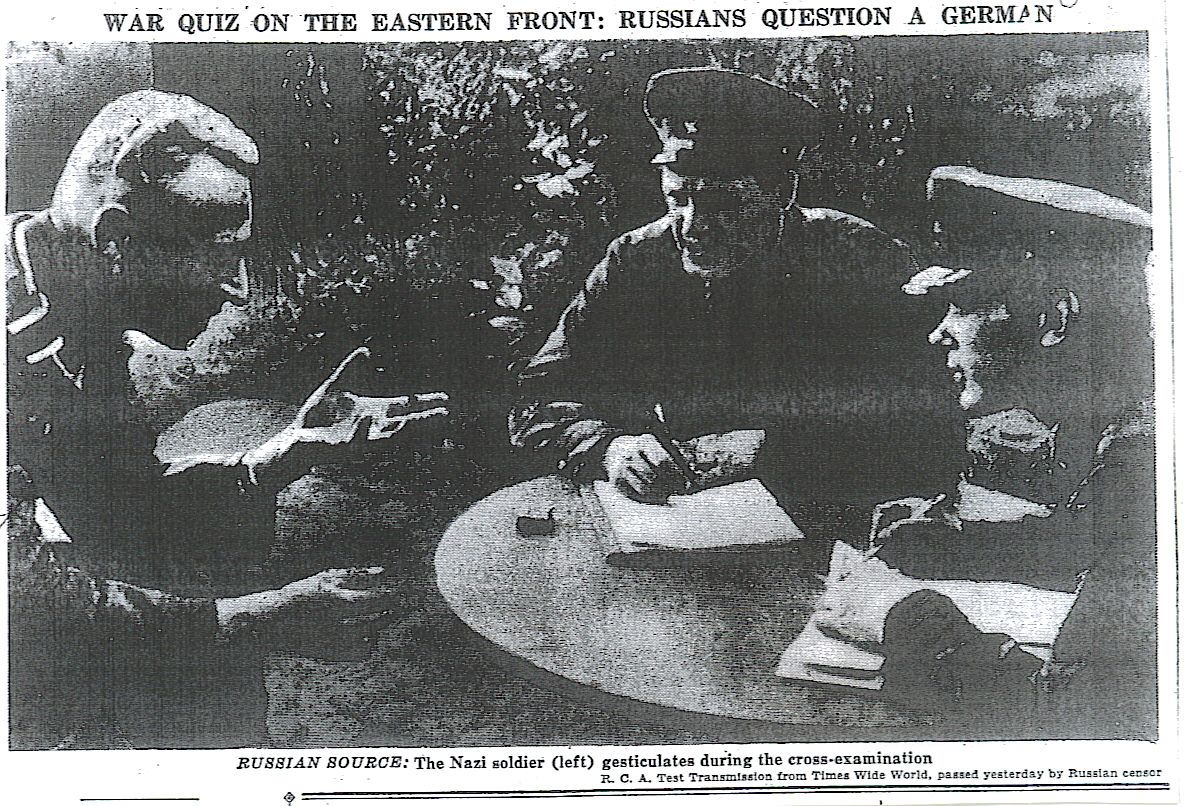
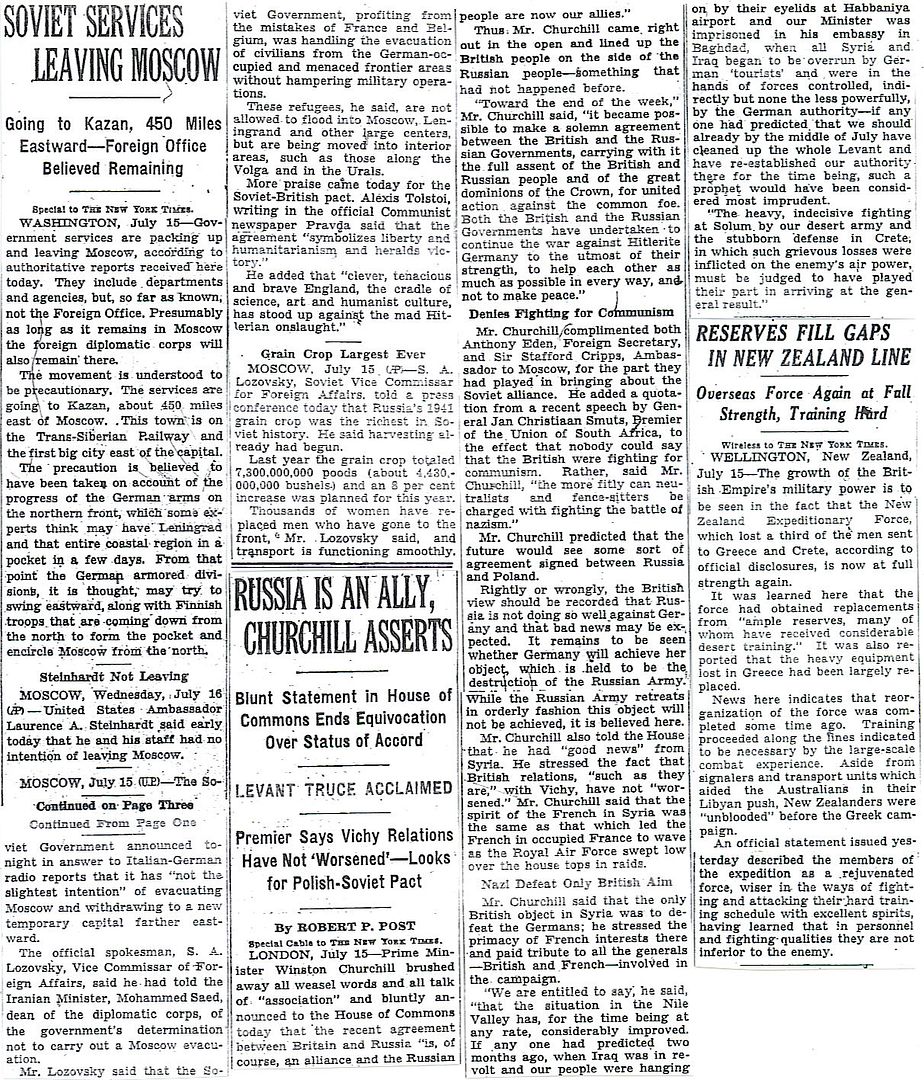
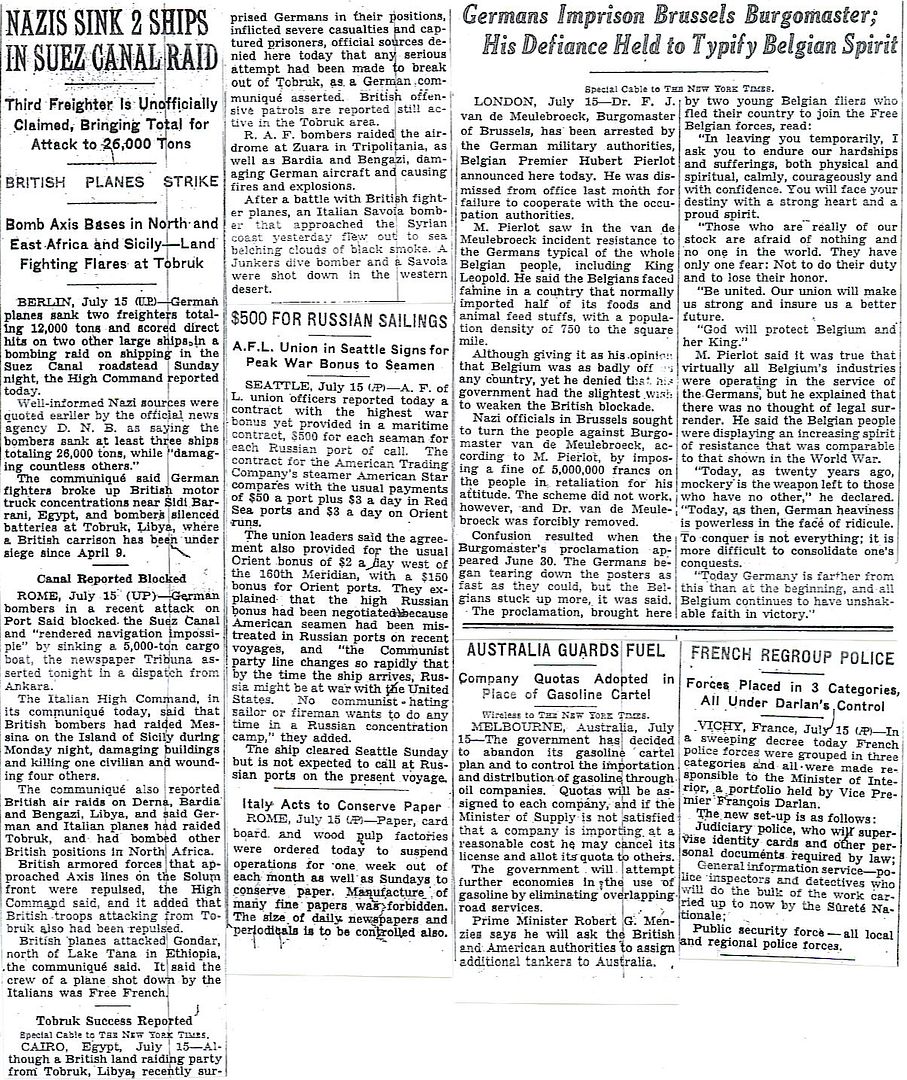
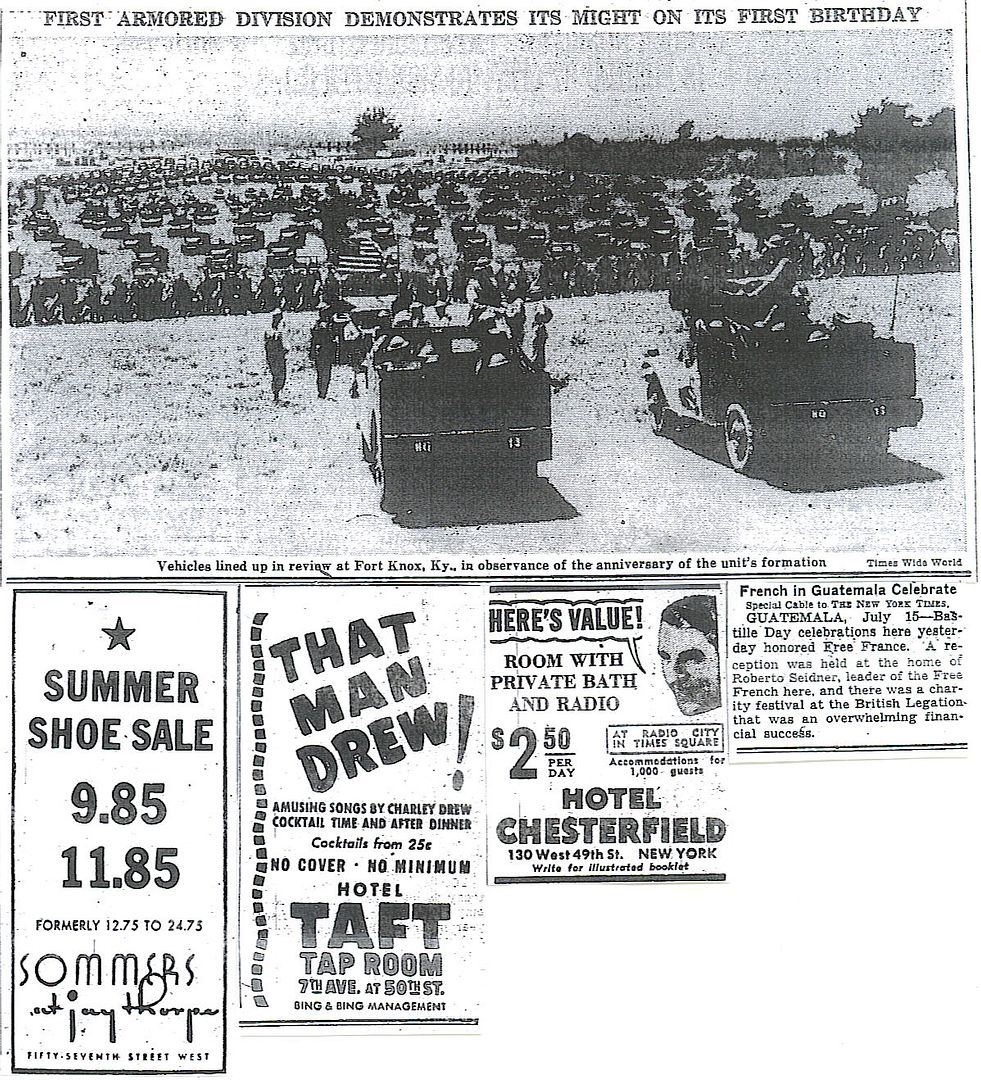
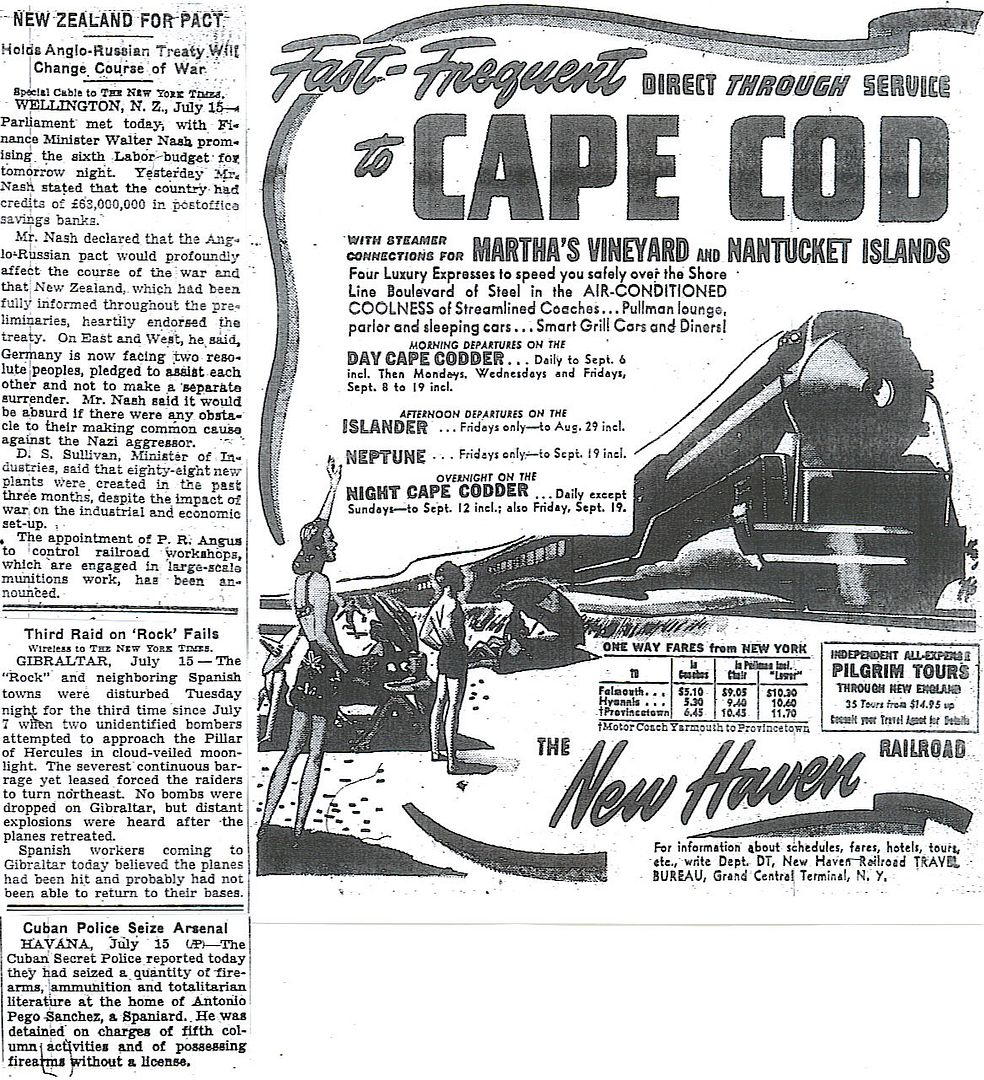
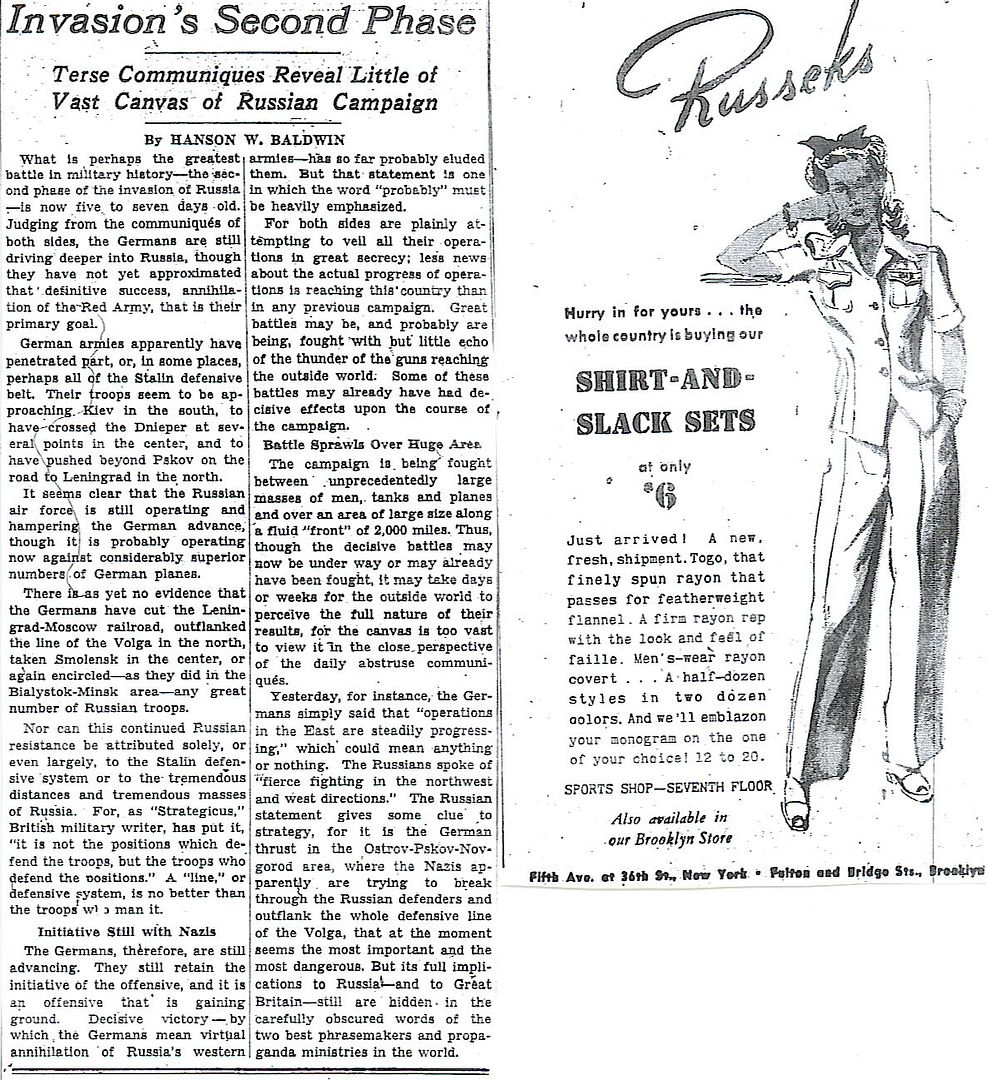
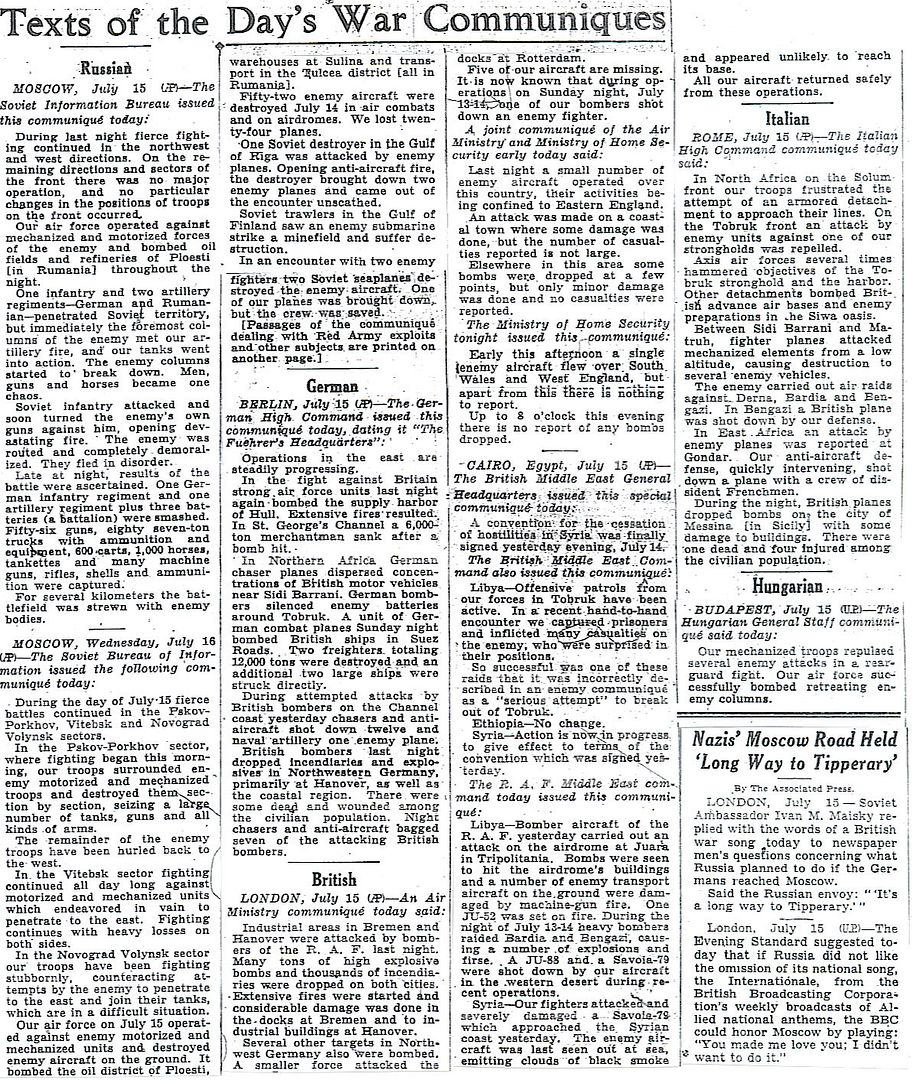
"How far is it to Moscow from the most forward lines of 292nd Infantry Division in the Yelnya bend?" Guderian asked.
Lieutenant-Colonel Bayerlein did not have to work it out. "One hundred and eighty-five miles to the outskirts of the city," he answered promptly.
One hundred and eighty-five miles.
Guderian glanced at his situation map. Like a springboard the Yelnya bend projected from the front line. Right at its tip was the so-called "Graveyard Corner." There, for the past few weeks, the fighting had been more bitter than at any other point on the Eastern Front.
This is borne out by a Corps Order of the Day issued by XLVI Panzer Corps headquarters on 10th August 1941, and read out in all companies:
After a heavy defensive engagement on the north-eastern front of Yelnya Unterscharführer [ Rank in Waffen SS equivalent to Army corporal.] Förster's section of the 1st Company, SS Motorcycle Battalion "Langemarck" of "Das Reich" Division, whose task it had been to cover the company's left flank, were found as follows: section-leader Unterscharführer Förster, his hand on the pull-ring of his last hand-grenade, shot through the head; his number one, Rottenführer [Rank in Waffen SS equivalent to Army lance-corporal.] Klaiber, his machine-gun still pressed into his shoulder and one round in the breech, shot through the head; the number two, Sturmmann [ Rank in Wafien SS equivalent to Army private.] Oldeboershuis, still kneeling by his motor-cycle, one hand on the handlebar, killed at the moment when leaving with his last dispatch; driver Sturmmann Schwenk, dead in his foxhole. As for the enemy, only dead bodies were found, lying at hand-grenade range in a semicircle around the German section's position. An example of what defence means.
That was Yelnya—a desolate wrecked dump on the Desna, 47 miles east of Smolensk.
It gave its name to a sector of the front where the battles raged for five weeks. The Soviet resistance at Yelnya was not accidental. Just as it was not accidental that "the high ground of Yelnya" was mentioned alongside Smolensk as the first strategic objective of Army Group Centre in the deployment directives for Operation Barbarossa.
What was the reason? As a road junction and a commanding ridge of high ground it represented an important strategic position for whoever wanted to get to Moscow and for whoever defended the city. The Germans knew it, and so, of course, did the Russians. Ruthlessly, Timoshenko had employed the civilian population on fortification works, in order to develop the Desna sector south of Yelnya into a strong obstacle to armor. Whatever forces Moscow managed to scrape together were directed into the Yelnya area. The Desna position was to become the great new blocking line. German aerial reconnaissance discovered these intentions. It was therefore advisable to strike quickly, before the Russians had strengthened their defences.
Lieutenant-General Schaal's 10th Panzer Division and General Hausser's Motorized Waffen SS Division "Das Reich" were assigned the task of taking Yelnya and the area behind it.
If the Russians had again surrendered -- as they did in the First World War -- the Brits and Americans alone could not have defeated Nazi Germany.
Then all of Europe, not just Eastern Europe, would be ruled by a totalitarian ideology intent on enslaving or murdering millions who didn't fit into their new order.
So, ideals of constitutionally limited, representative governments would have been discredited and existentially threatened -- certainly in Eurasia, and even here.
Whether Hitler's unique individual madness would have died with him in, say, the late 1940s, is a matter of speculation.
But totalitarian, racist & socialistic fascism would have proved itself militarily superior to all other forms of government, and so could expect a long future of growing success.
As for those two armies -- Wehrmacht vs. Red Army -- in summer of 1941 it was no contest.
The Wehrmacht was superior in every respect, and the results showed in every battle.
The Wehrmacht's serious problems did not begin to become obvious until the Russian winter struck (by surprise!) and caught the Wehrmacht without adequate clothing and equipment.
As for the Russians, they might be slow, but not stupid.
So they eventually learned from their mistakes, plus Stalin was slightly, but critically, less insane than Hitler -- thus able to cement alliances with Churchill and Roosevelt, alliances which provided Russians with enough aid to buy the time Stalin needed to overwhelm with Soviet & International Socialism the war production of those German National Socialists.*
*(read that sentence a second time, if needed) ;-)
Disclaimer: Opinions posted on Free Republic are those of the individual posters and do not necessarily represent the opinion of Free Republic or its management. All materials posted herein are protected by copyright law and the exemption for fair use of copyrighted works.